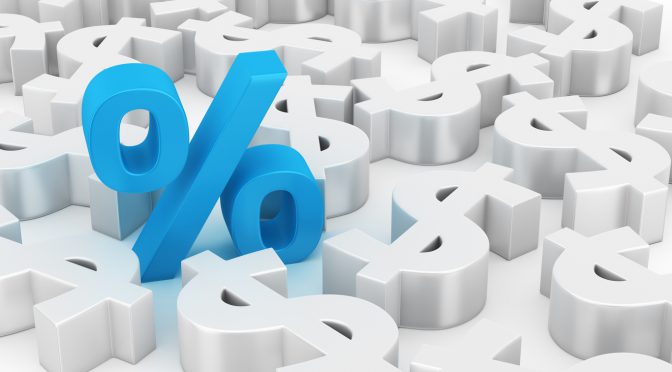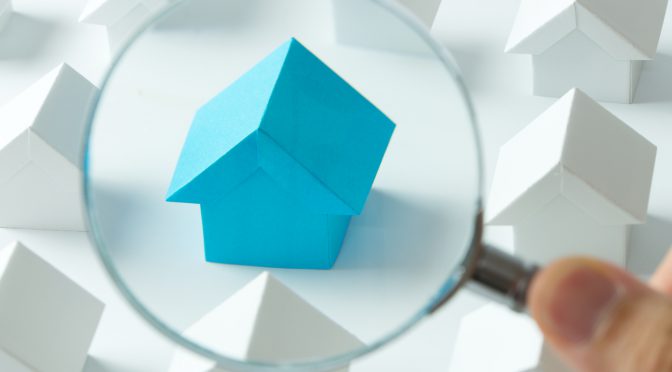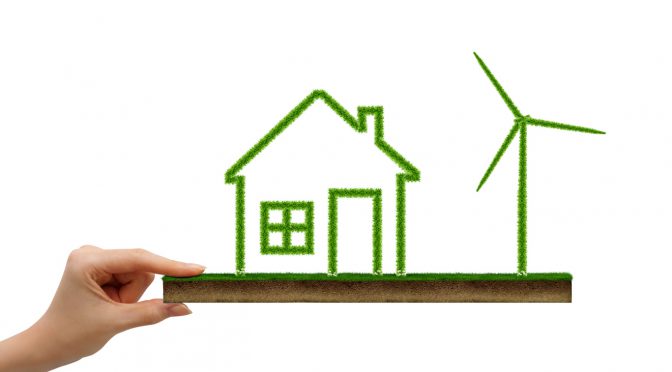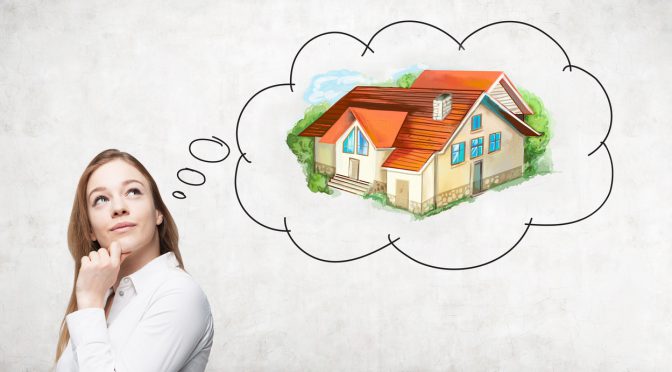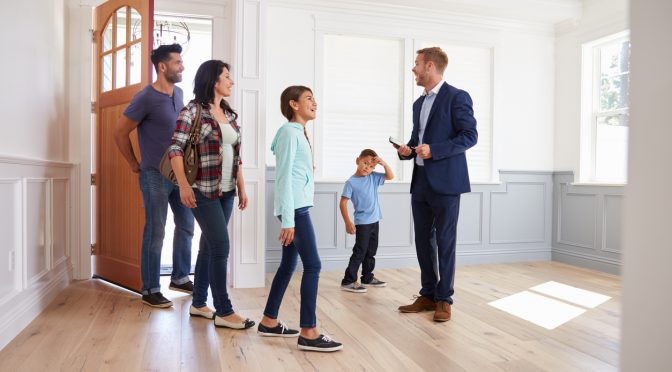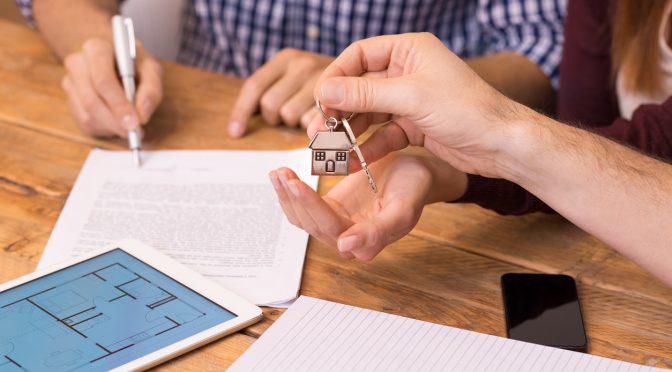It was bound to happen one day. The Bank of Canada decided to raise its interest rates on July 12th for the first time in years. Every large bank followed suit the next day. It is now time to revise your budget accordingly.
This first hike does not mean there will be a second one on September 6th of this year, and that the interest rates will keep rising afterward. But, better be safe than sorry, especially given the fact that the total Canadian household debt has reached a record high.
[caption id="attachment_15646" align="aligncenter" width="580"] iStock[/caption]
iStock[/caption]
The Bank of Canada is anticipating an increase in the inflation rate. CIBC Bank economists, who issued the “Canadian Inflation: What’s Gone Wrong?” report, also believe the inflation rate will hike soon. Mortgage holders living on a tight budget should prepare accordingly.[……]
